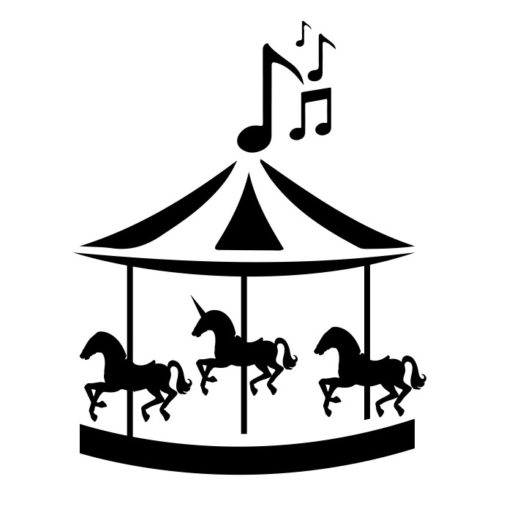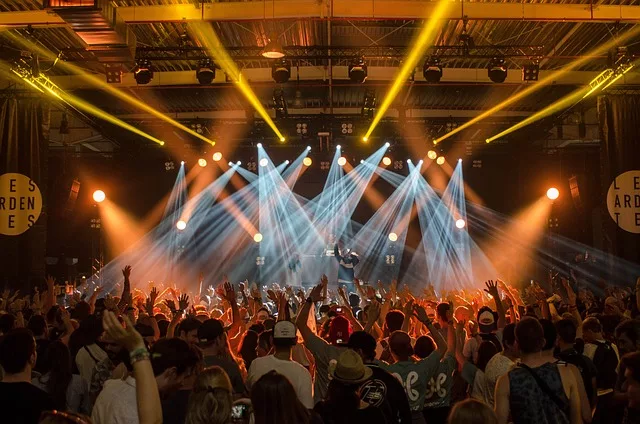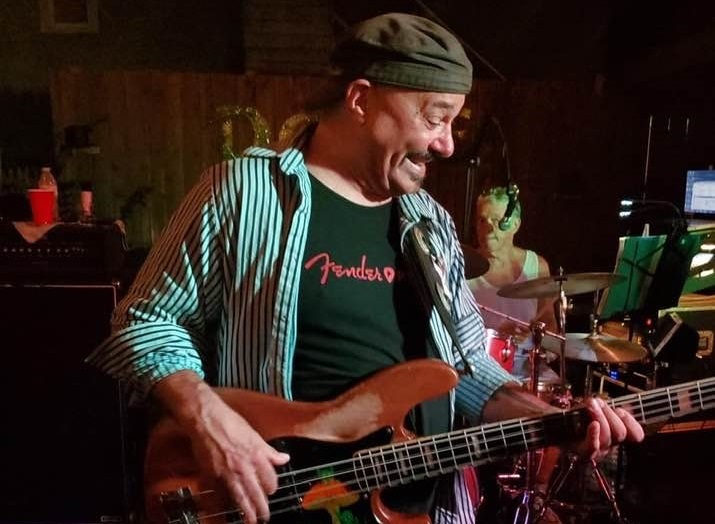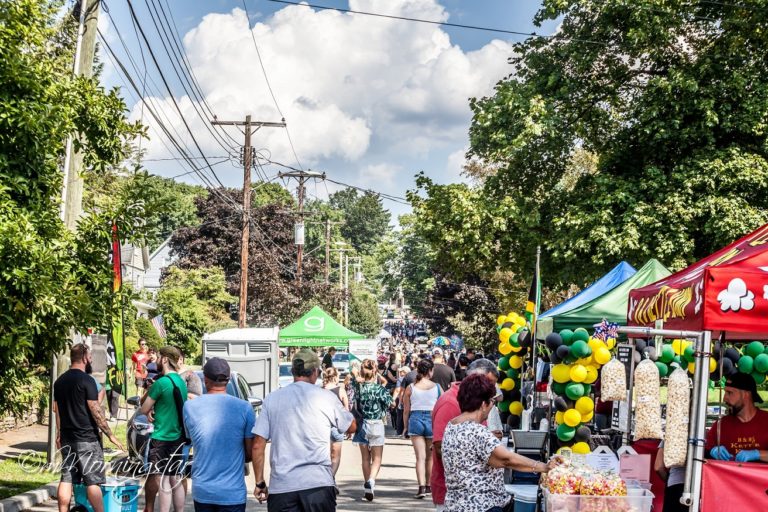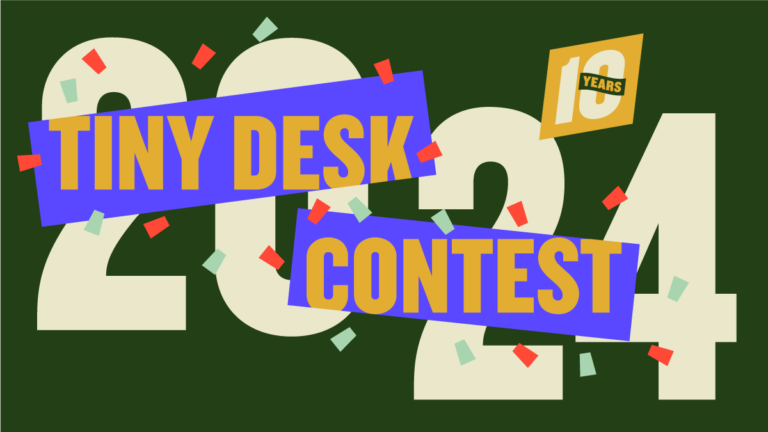Make no mistake: the Binghamton music scene has mountains of talent. You’ll find acts belonging to just about every musical genre under the sun in Greater Binghamton, and incredible new bands are forming regularly. But there’s a pretty serious issue our local music scene is struggling with. One that’s affecting local artists and music lovers across the board. And if you live here (or … well … if you’ve read this article’s headline), you already know exactly what we’re talking about. We desperately need a new Binghamton music venue!
There are countless small venues throughout the Greater Binghamton region showcasing original local music, including (but not limited to) Atomic Tom’s, The John Barleycorn, the Bundy Museum, New Leaf Cider, and the three Beer Tree locations. And we have loads of fantastic live music festivals in our area, including the renowned Binghamton Porchfest, Blues on the Bridge, and the Harper M. Kantz Rec Park Music Festival. But that’s it. Greater Binghamton doesn’t have a single dedicated live music space.
Binghamton of course has large venues capable of serving up music. The Forum, the Anderson Center, Mirabito Stadium, and Visions Veterans Arena all host live music occasionally. But these events are pretty rare, and almost never involve local musicians.
So why doesn’t Binghamton have a dedicated music venue? What happened to the area’s previous music venues? And what would it take for someone to create a new dedicated Binghamton music venue from scratch?
Here’s what a dedicated Binghamton music venue might look like
So what exactly do we mean when we say dedicated Binghamton music venue? We’re talking about a local event space that specifically (or at least predominantly) focuses on hosting live music. It’s not a bar or a coffee joint or some other business that also has live music. Live music, and perhaps other types of events, are the primary focus of this business. And it would need to be pretty big, with a minimum standing room capacity of 1,000 people.
This venue could host other types of events, too—an idea we’re stealing borrowing from the folks behind the Twilight Cove project. Theater, cinema, dance performances, art shows, fundraisers, private events … there’s no limit to what this venue could host. And there’d be no reason not to fill out the calendar and keep the venue in use as consistently as possible.
This venue would need a high-quality PA system, a lighting system, green rooms for artists, and a bar area for serving drinks and snacks. Security would be a must, of course. And the perfect venue space would also have ample parking for concertgoers, something a lot of venues around the country struggle to offer. But this being Binghamton, “ample parking” might be pushing this wishlist a bit too far.
Why doesn’t Binghamton already have a venue like this?
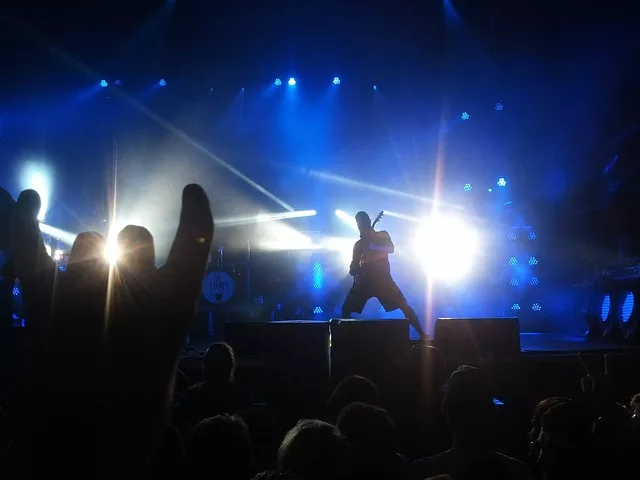
There are a number of significant challenges in operating a successful music venue, which surely lends to why we don’t already have a dedicated Binghamton music venue. And costs are probably chief amongst these issues.
Everything we mentioned a bit ago gets expensive fast. The sound and lighting systems alone would set someone back tens of thousands of dollars. You’d need to buy or (or perhaps lease) property, and Binghamton’s real estate market being on the rise doesn’t help with costs. Oh, and let’s not forget requiring a sizable dollop of liability insurance coverage. Acquiring a liquor license and stocking the bar are minor expenses compared with everything else this venue would need to contend with.
And then there’s the matter of staffing. This venue will need to hire a sound engineer, a lighting technician, security staff, bartenders and barbacks, box office and concert attendants, and a dedicated marketing manager. And then we have arguably the biggest job of them all: talent bookers/ promoters, who would have the task of bringing in national touring acts. In a perfect world, we’d love to see this venue push for local openers at these events, but we digress.
If this venue were managed well, pulling in attractive bookings and diversifying the entertainment on offer, there’s no reason this couldn’t be a successful venture. It’s more a matter of finding a business leader willing to take the leap, really. And it wouldn’t hurt if city officials recognized the need for this venue and eased the process of getting it off the ground, either.
There are many lessons to be learned from Magic City Music Hall
Many of us remember Magic City Music Hall, a dedicated music venue that opened in 2004 in the Small Mall in Johnson City. Magic City hosted over 600 concerts before it closed down after a dispute over a lease renewal. The venue was shuttered for seven years, returning briefly in 2015 before shutting down again a year later.
Magic City Music Hall regularly hosted famous national touring acts, sometimes letting local acts open for them. Their final show, for instance, featured Bess Greenberg of KidBess and the Magic Ring fame opening for Rusted Root. Ticket prices were reasonable, and their bar staff were friendly and efficient. But objectively speaking, there was quite a bit Magic City got wrong, too, particularly after they reopened in 2015.
Many of the events booked at Magic City in 2015 and 2016 were simply unappealing to the vital 18-35 age demographic, whom you can’t fault for not getting excited over Ace Frehley, Gwar, Vince Neil, or the Insane Clown Posse. Their marketing efforts were sincere, but antiquated and ineffective. And there were regular complaints of fighting, underage drinking, and unresponsive security that did little to prevent or stop these issues. The venue’s poor acoustics and frequent sound problems didn’t help things along, either.
In the weeks and months leading up to the venue’s closure, several events suffered unforeseeable cancellations, including Blues Traveler, Quiet Riot, Joe Nichols, Josh Turner, Leon Russell, and Chase Rice. Couple those cancelled events with the venue’s other issues, and you have an unfortunate perfect storm that ultimately sank this storied institution once and for all. Looking at Magic City objectively and constructively, the lessons of what they got right and wrong could be invaluable to someone starting a new Binghamton music venue.
Could we see a new, dedicated Binghamton music venue open in 2024?
It’ll take more than a few shakes of a magic eight-ball to see if there’s any hope of a new Binghamton music venue opening in the foreseeable future. As much as I’d love to win the lottery and open a venue myself, I can’t exactly pencil that into my New Year’s resolutions. Though to be perfectly fair, the odds of such a windfall are probably on par with me using this fancy new rowing machine sitting across the room from me. A fella can dream, anyway.
As we mentioned last year in our article about unused Binghamton buildings that could be epic music venues, Binghamton business visionary Damian Cornwell is working to restore the East Side’s Cameo Theatre as a full-fledged music venue. Some minor construction efforts were underway last summer. The building is recognized officially as a historic site, and that provenance would certainly add a heavy dose of allure. We’re following that project and hoping to see some serious progress in 2024 … fingers crossed!
It’s clear that demand for a Binghamton music venue is at an all-time high. The city’s business growth is booming, naysayers be damned. It’s looking like 2024 will be a great year for the City of Binghamton and for the Binghamton music scene. And we certainly hope this all translates to seeing an exciting new music venue open in the Parlor City in the near future. The people want it, there’s plenty of local and regional talent to support it. Now, we just need someone to actually do it.
